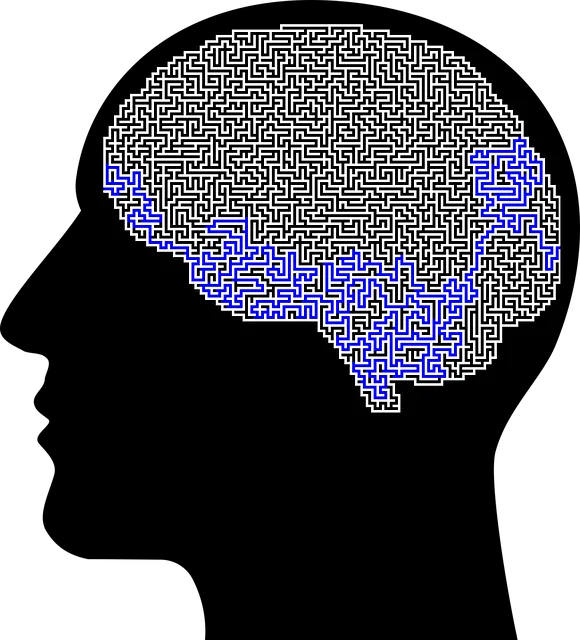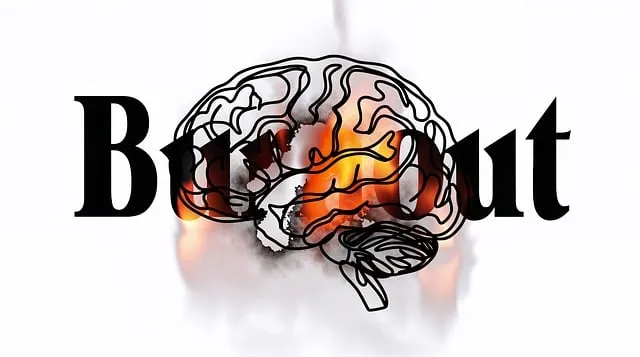Boulder Kaiser Permanente (BKP) prioritizes comprehensive risk assessment in mental healthcare, leveraging tools that consider cultural sensitivity and integrate wellness coaching. Their holistic framework includes individual therapy, group support, and education programs focused on physical and psychological well-being. By identifying vulnerabilities like burnout, implementing tailored education, and fostering open communication, BKP creates a supportive environment for both patients and staff. Regular risk assessment updates, mental health policy advocacy, and evidence-based practices ensure their services remain dynamic and effective in addressing evolving community needs.
Risk assessment and harm minimization planning are vital components of providing safe, effective care in mental health services. This comprehensive guide explores essential practices inspired by the Boulder Kaiser Permanente Mental Health Services Framework. We delve into understanding risk assessment as a foundational step, identifying harms and vulnerabilities through a lens of inclusivity, and developing tailored minimization plans. Continuous evaluation ensures adaptability, aligning with the dynamic nature of mental health care. By implementing these strategies, professionals can enhance safety while fostering positive outcomes for patients.
- Understanding Risk Assessment: A Foundation for Safe Practice
- The Boulder Kaiser Permanente Mental Health Services Framework
- Identifying Harms and Vulnerabilities: A Comprehensive Approach
- Developing a Customized Minimization Plan: Strategies for Implementation
- Continuous Evaluation and Adaptation: Ensuring Long-Term Safety
Understanding Risk Assessment: A Foundation for Safe Practice

Risk assessment is a cornerstone of effective mental health care, as exemplified by Boulder Kaiser Permanente’s commitment to comprehensive services. It involves identifying potential hazards and evaluating their likelihood and potential impact, crucial steps in harm minimization planning. By thoroughly understanding these risks, mental health professionals can develop tailored strategies to support client well-being.
This process begins with recognizing that every individual enters therapy with unique experiences and challenges. Incorporating Cultural Sensitivity in Mental Healthcare Practice ensures that assessment tools are inclusive and address the specific needs of diverse populations. Moreover, leveraging Mental Wellness Coaching Programs Development enables practitioners to guide clients towards adopting Mind Over Matter Principles, empowering them to manage and overcome obstacles proactively.
The Boulder Kaiser Permanente Mental Health Services Framework

The Boulder Kaiser Permanente Mental Health Services Framework is a comprehensive approach designed to support individuals in navigating their mental health journeys effectively. This framework prioritizes holistic care, focusing on both physical and psychological well-being. By integrating various services, such as individual therapy, group support sessions, and education programs, the initiative aims to empower people with the necessary tools for emotional healing processes.
One of its key aspects is promoting coping skills development, enabling individuals to manage stress and adversity. Additionally, it emphasizes the importance of self-care routine development for better mental health, encouraging a balanced lifestyle that includes mindfulness practices, healthy habits, and social connections. This framework underscores Kaiser Permanente’s commitment to providing accessible and high-quality mental health services in the Boulder community.
Identifying Harms and Vulnerabilities: A Comprehensive Approach

Identifying potential harms and vulnerabilities is a cornerstone of effective risk assessment and harm minimization planning, especially within healthcare settings like Boulder Kaiser Permanente mental health services. This process involves a comprehensive evaluation of various factors that could negatively impact patient well-being and service delivery. It encompasses not only physical risks but also psychological and social elements, ensuring a holistic understanding of potential dangers.
A systematic approach to harm identification includes scrutinizing past incidents, patient feedback, staff reports, and evidence-based literature. For instance, healthcare workers can analyze patterns of burnout among professionals, recognizing the strain on mental health services. By implementing Mental Health Education Programs Design tailored to these vulnerabilities, institutions like Boulder Kaiser Permanente can proactively address issues such as stress management. This proactive strategy not only minimizes risks but also fosters a resilient and supportive environment for both patients and care providers.
Developing a Customized Minimization Plan: Strategies for Implementation

Developing a customized harm minimization plan is a critical step in ensuring effective risk assessment and management within healthcare settings, particularly for mental health services like those offered by Boulder Kaiser Permanente. This tailored approach allows professionals to anticipate and mitigate potential risks specific to their practice and patient population. By implementing strategies that align with the unique needs of Boulder Kaiser Permanente’s mental health services, healthcare providers can create a supportive environment that promotes healing and recovery.
One key strategy involves incorporating burnout prevention techniques designed for healthcare providers. Given the demanding nature of the field, fostering resilience through empathy-building activities and confidence-boosting initiatives can prevent professional exhaustion. Additionally, encouraging open communication channels and providing resources for stress management empowers staff to recognize and address personal risks effectively. These proactive measures contribute to a comprehensive harm minimization plan that not only protects patients but also supports the well-being of healthcare professionals.
Continuous Evaluation and Adaptation: Ensuring Long-Term Safety

In the dynamic landscape of mental health services, continuous evaluation and adaptation are paramount for ensuring long-term safety, particularly within institutions like Boulder Kaiser Permanente. Regularly reviewing and updating risk assessment protocols allows professionals to stay ahead of emerging trends in mental health issues, such as escalating depression prevention needs or new forms of trauma support. This proactive approach leverages the latest research and best practices to refine harm minimization planning, making services more effective and responsive.
By integrating Mental Health Policy Analysis and Advocacy into their evaluation process, Boulder Kaiser Permanente can identify systemic gaps and advocate for policy changes that holistically address mental health concerns. Such a strategy not only strengthens individual patient care but also contributes to the broader community’s well-being, fostering an environment where mental health services evolve with the needs of the people they serve.
Risk assessment and harm minimization planning are vital components of providing safe and effective mental health services, as demonstrated by the Boulder Kaiser Permanente framework. By understanding the foundational principles of risk assessment, identifying specific harms and vulnerabilities, developing tailored minimization plans, and continuously evaluating these strategies, healthcare providers can ensure they offer the best care possible to their patients. This comprehensive approach, guided by the successful implementation seen in the Boulder Kaiser Permanente mental health services, allows for a proactive and adaptive safety net, fostering a more secure environment for those seeking support.






